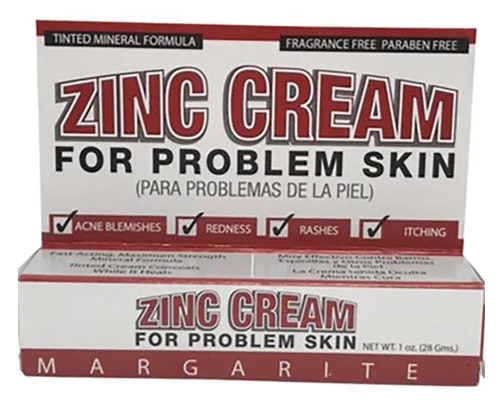Zinc is a trace mineral that’s essential for keeping a variety of body systems working properly. According to the National Institutes of Health (NIH), zinc benefits include sparking roughly 100 enzymatic functions, aiding in protein and DNA synthesis, supporting immunity via its antioxidant properties, helping with wounds and supporting normal growth during childhood, adolescence and pregnancy.
Getting enough zinc
So how much zinc should you take in every day? Because the body doesn’t retain significant zinc stores, it’s imperative to re-up on the mineral regularly through zinc-rich foods or, if necessary, dietary supplements. Luckily, a broad range of foods contain zinc, giving us ample opportunity to work enough of it into our diets.
According to the U.S. Department of Agriculture’s National Nutrient Database for Standard Reference, oysters are by far the richest source, but red meat, roast beef, crab meat, fortified breakfast cereals, chicken, cashews, baked beans, yogurt, pork chops and chickpeas all offer significant quantities, while vegetables contain lesser amounts.
Unlike many other nutrients, zinc is available in a mix of many meats, dairy and grains—which is part of the reason that, even despite the not-so-healthy typical Western diet, zinc deficiency remains uncommon in the U.S. But if the diet doesn’t provide enough zinc, a daily multivitamin can easily bump intake to meet the Institute of Medicine’s recommended daily allowance of 8 to 11 mg per day for adults.
Minding your zinc intake
Still, certain groups should be mindful of their zinc intake. According to the NIH, these include pregnant and breastfeeding women, since they share zinc intake with their offspring; people with gastrointestinal or digestive issues that hinder absorption; and heavy drinkers, because alcohol disrupts the intestines’ ability to absorb zinc and increases the amount that gets flushed out with urine.
Vegetarians need to mind their minerals too, because zinc from plant sources is less bioavailable than that from meat. Although packed with nutrients, the salad greens, legumes and whole grains that vegetarians tend to favor contain compounds called phytates that get in the way of absorption, the NIH reports. That’s why non-meat-eaters can require up to 50 percent more zinc per day than carnivores.
Now that you know how to get it, here’s a closer look at a few of the well-established zinc benefits.
3 zinc benefits
Immune support
A review of zinc and other essential minerals published in Annals of Nutrition and Metabolism in April 2007 stressed zinc’s job of keeping the body’s antibody responses alert and active. A slightly older, large-scale research review, published in the American Journal of Clinical Nutrition in 1998, outlined the myriad biological ways in which zinc affects immunity, from its ability to shield cells from free radicals to its role in supporting the health of white blood cells.*
Common cold relief
Zinc supplements, lozenges and nasal sprays have shown promise in easing cold and upper respiratory woes. A study published in the Journal of Infectious Diseases in March 2008 found that zinc lozenges helped with nasal drainage and coughs. Researchers attributed these results to zinc’s antioxidant capabilities and role in supporting a healthy inflammatory response.*
Wound healing
Since zinc is an immune system-supporter, it’s not surprising that it can also help with sores, cuts, scrapes, burns and lesions—even those caused by blemishes, some studies have found. According to the NIH, zinc helps support skin cells and supports mucosal membranes, which can help damaged skin spring back into shape.
*These statements have not been evaluated by the FDA. These products are not intended to diagnose, treat, cure or prevent any disease.




